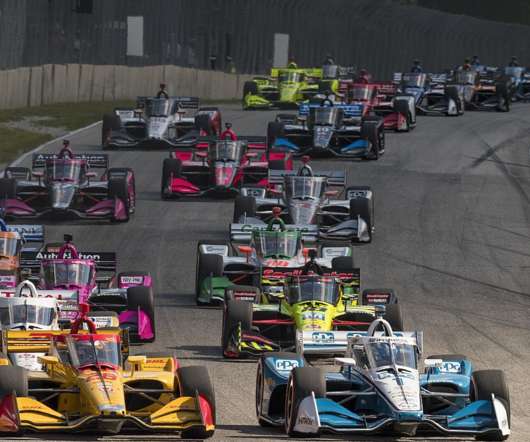Enogia and IFPEN partner on waste heat recovery in stationary and transport applications
Green Car Congress
APRIL 3, 2014
Start-up Enogia and IFP Energies nouvelles (IFPEN) are forming a strategic partnership for the joint development and marketing of a range of Rankine technologies to convert heat into electricity. The innovation is based on the use of highly efficient micro-turbines capable of producing 5 to 100 kW of electricity.








































Let's personalize your content